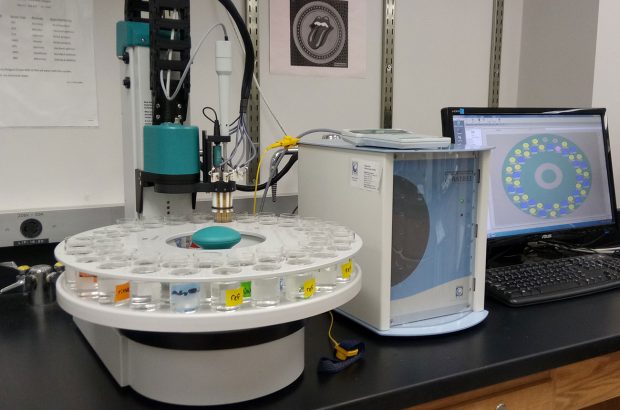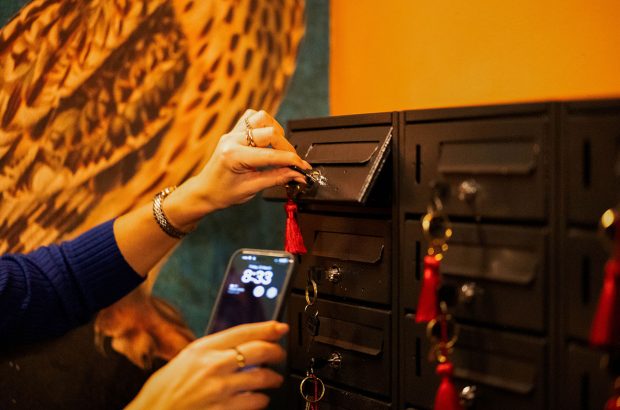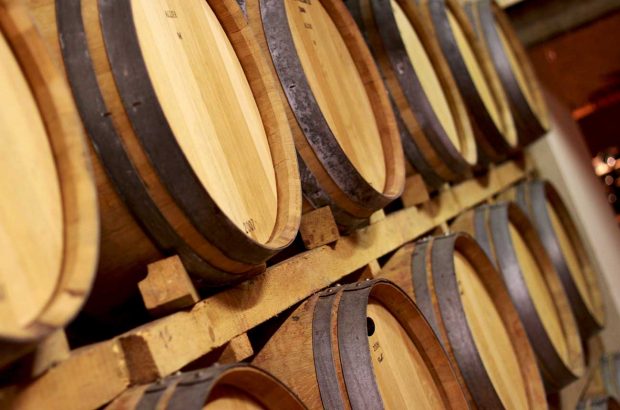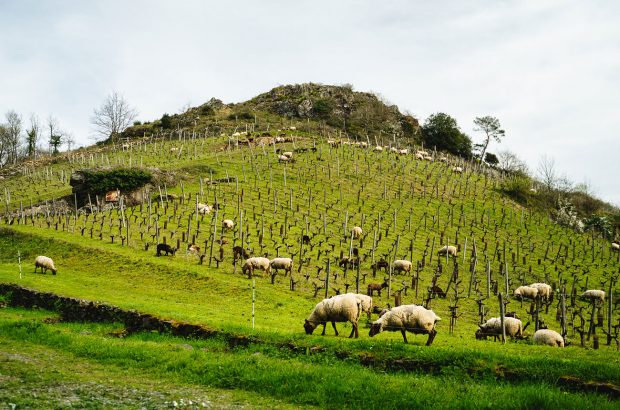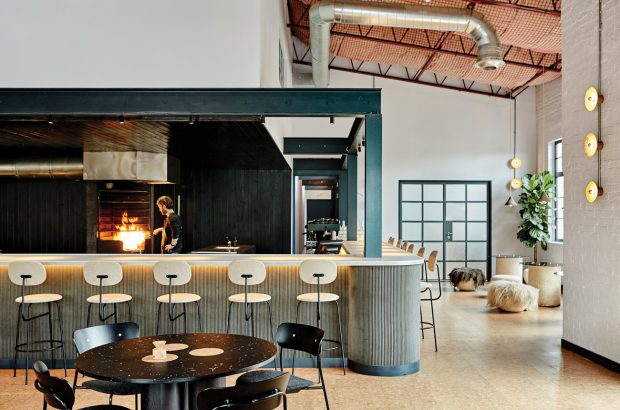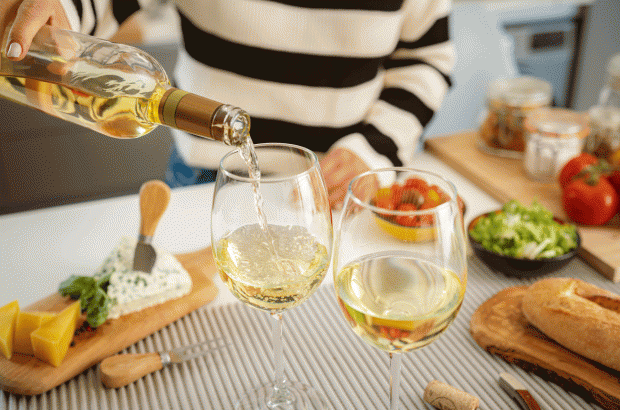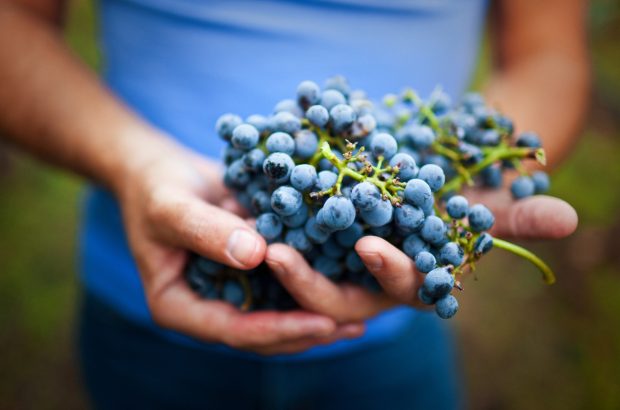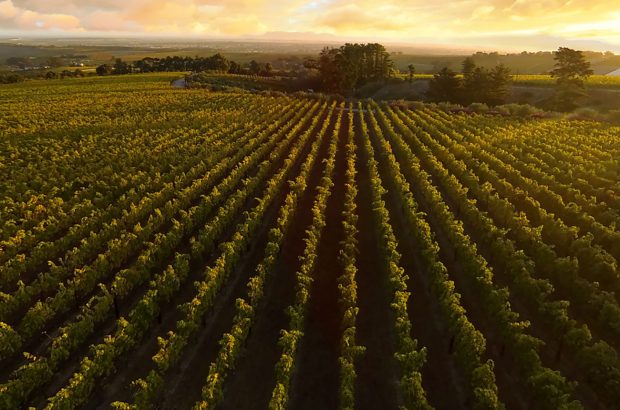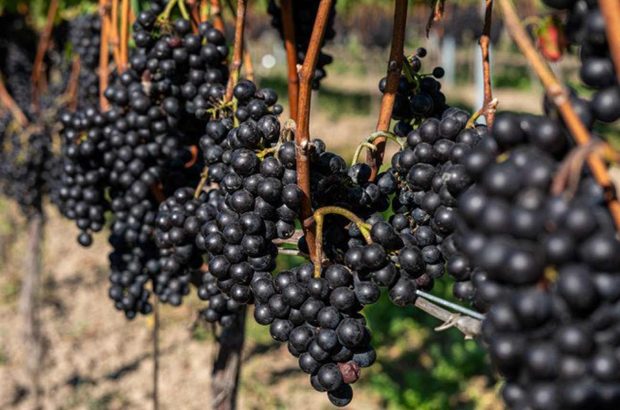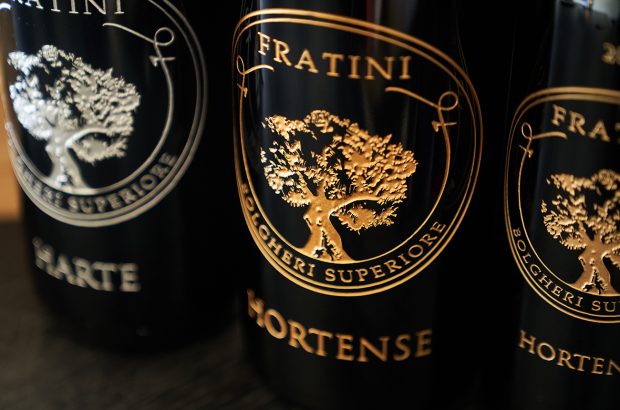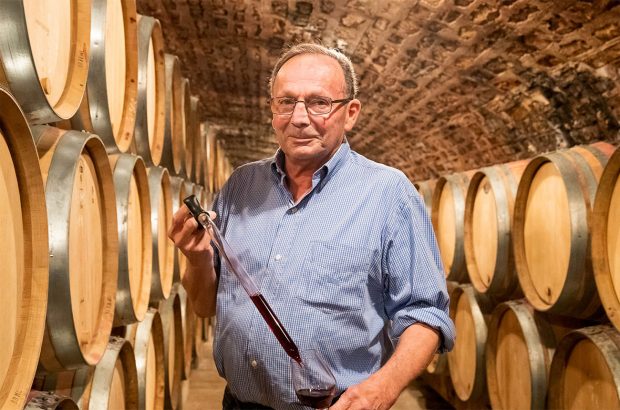‘It’s unbelievable! After a decade of painstaking work rebuilding our international image, some of our colleagues seem willing to risk everything.’ Ernst Loosen of the Dr Loosen estate in Bernkastel, Mosel, is not the only leading German winemaker who currently feels angry and helpless. The cause of this is a recent import to Germany from France, the concentrateur: new technologies that extract water from grape must by evaporation under a partial vacuum or by osmosis, thus artificially concentrating the wine.
At present, they are only allowed in Germany when a producer has an exemption certificate for experimental purposes, in which case he may only concentrate Tafelwein or Qualitätswein which may not be exported. However, some artificially concentrated German wines may already be on the shelf in this country. The problem with these new technologies is that no analytical test exists which can prove whether a wine has been treated or not – an open invitation for unscrupulous practices. It appears that a small number of producers, including at least one well-regarded Mosel estate, have illegally concentrated wines and exported them. What makes wine growers like Loosen worry is not just this, but the laissez faire attitude of many colleagues who openly or secretly want to see the full legalisation of the concentrateur.
To understand the problem you have to go back to the Bordeaux of the late 1980s when some leading châteaux began experimenting with the concentrateur as a means of removing rain water from grapes. During the early 1990s, use of the new technologies spread rapidly within the region in spite of the £20,000 or more cost of the machines. The greedy and less scrupulous made the investment because it gave them the means to ‘pump up’ their wines. This looked like a short cut to high ratings from Robert Parker and other critics with a preference for big, muscular wines, and sometimes this gamble paid off. The dangers of ‘pumping up’ red Bordeaux can be tasted in certain cru classé wines of the 1992, 1993 and 1994 vintages. The problem is that the concentrateur concentrates acidity, unripe flavours and hard tannins – the respective problems of those vintages – in exactly the same way as the positive attributes of the grape must. In spite of this, the French authorities recognised the new techniques as a legitimate alternative to chaptalisation (addition of sugar to fermenting wine to increase the alcoholic content). This effectively legalised them for all AC wines since the vast majority of them may be chaptalised.
The fact that by the mid-1990s concentrateur were widely used in Bordeaux up to premier grand cru classé standard was argument enough for certain vintners in the Baden region to experiment with them, even though their red wines are from the Spätburgunder (Pinot Noir) grape of Burgundy. They set the ball rolling. ‘How should we prevent the introduction of artificial must concentration here when it has been legalised in all the countries around us?’ asked Johannes Selbach of Weingut Selbach-Oster in Zeltingen, Mosel. I had just tasted his impressive collection of 1998 Rieslings, all entirely the product of natural ripening and concentration on the vine. ‘We didn’t succeed in selecting a Trockenbeeranauslese last harvest, it just wasn’t possible,’ he commented as I tasted his luscious Beerenauslese. ‘And how would it be if a colleague was selling a Trockenbeerenauslese that had been artificially concentrated?’ I asked him. He turned pale and ran out of words. In contrast to France, the highest legal category of German wine – Qualitätswein mit Prädikat, subdivided into Kabinett, Spätlese, Auslese, Beerenaus-lese, Eiswein and Trockenbeerenauslese – may not be chaptalised or otherwise manipulated. But what is to stop this happening once a concentrateur is in the cellar? In Bordeaux some wines already appear to have been artificially concentrated more than the law allows.
In this situation the stance of wine growers associations and of politicians becomes critical. In recent decades the German Winegrowers Association has effectively called the shots when it comes to wine law and regulations, except when Brussels has demanded change. The legitimate interests of the consumer have been consistently ignored by politicians, a policy that has led to current malaise of the German wine industry. While a small number of German estates have won themselves fine reputations through a fanatical devotion to quality, German wine as a whole is tarnished with the image of being bargain basement ‘sugar water’. The association insists that it is only in favour of experimentation with the concentrateur as part of a ‘democratic process of reaching an opinion’. It is hard to take this seriously though, when you consider the anti-democratic aspects of the existing wine law that reflect the association’s wishes. Already at least one of its regional groups, Baden, appears to strongly favour legalisation.Here you’d expect the VDP, or Association of German Quality and Prädikat Wine Estates, to be taking a lead, not least because they are the historic champions of Prädikat wines. However, while it took behind the scenes action to stop one member in Baden from experimenting, it has no clear policy of opposition. Recently Michael Prinz zu Salm-Salm, the association’s president, said to me: ‘It would be good if the Prädikat system goes, since we want to replace it with a system of vineyard designations anyway.’ Many of Salm’s colleagues who have campaigned no less enthusiastically for a vineyard classification will be staggered to learn that he wants to lose the Prädikat system when vineyard classification finds a place in the wine law. A lot of of VDP members and many German wine growers live from the world-wide demand for Kabinett, Spätlese and Auslese wines from the Riesling grape. Clearly there are numerous consumers who want these designations and are willing to pay high prices for such wines: at the September 1999 auction of the Mosel-Saar-Ruwer section of the VDP, Ernst Loosen’s 1998 Erdener Prälat Riesling Auslese Long Gold Cap sold at £235 per bottle.
The question is if the concentrateur is legalised in Germany what will be the effect upon the image of the nations wine and upon the health of its wine industry? Will the new ‘bigger’ German wines really enable its wine growers to harvest an abundant crop of high scores from Parker & co and to snatch market share away from the New World as many of them imagine it will? Or will the result be a flood of wines – that nobody wants – lacking the ‘lightness’ characteristic of German wines, or which will, at most, just be a passing fad? And what will be the consequences for the top estates of a flood of artificially concentrated Prädikat wines at prices far below their own? The worrying thing is how few German wine growers are asking such questions.


